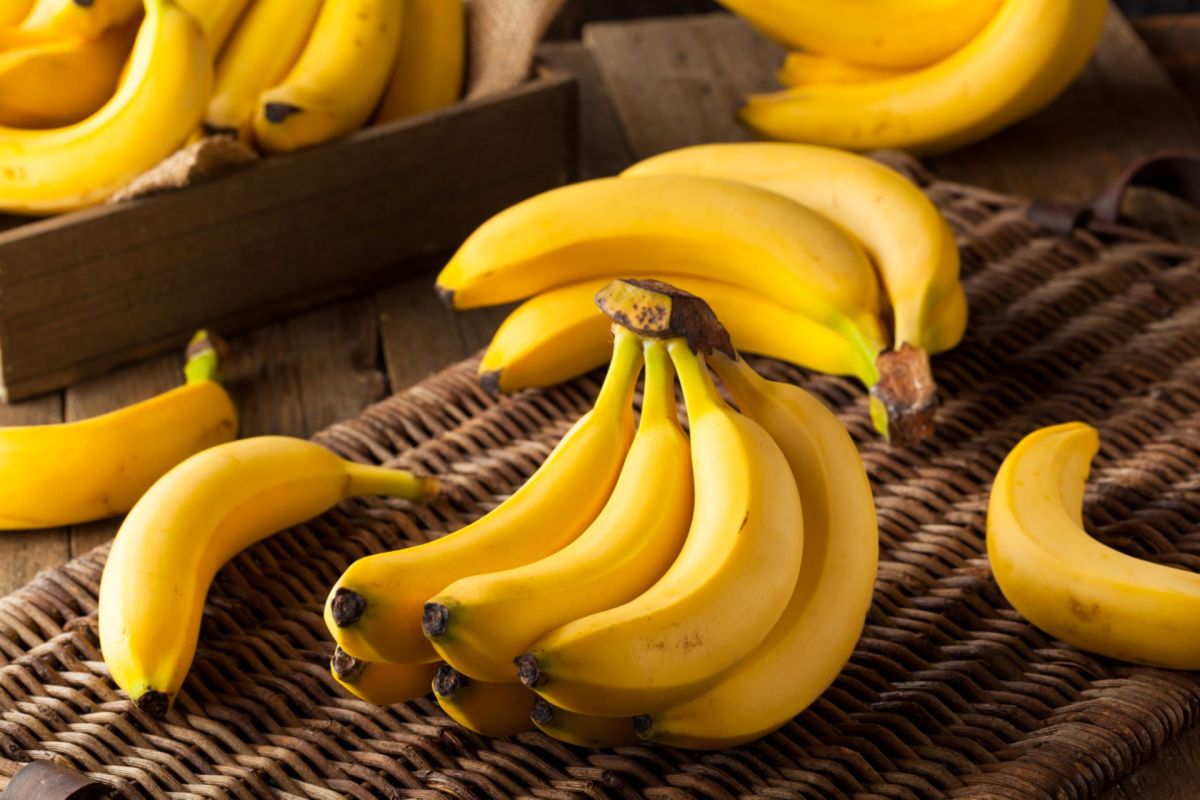There is much promise in the development of a non-browning banana.
Tropic, a United Kingdom-based agriculture-biotechnology company, gene-edited the fruit so it never turns brown, isn't susceptible to Panama disease, and can help reduce food waste and carbon dioxide pollution, Interesting Engineering reported in May.
The banana was granted a non-genetically modified organism exemption by the Philippines Bureau of Plant Industry and was the first gene-edited product to emerge from a new regulatory process, Tropic stated in a news release.
Over 60% of exported bananas go to waste, but the non-browning bananas could cut supply chain carbon pollution by 25% — equal to the removal of two million passenger vehicles from the road annually — and "significantly reduce food waste," according to the company.
"The Philippines is the top producer and exporter of bananas in Southeast Asia, but its global market share has decreased due to the prevalence of Panama disease Tropic Race 4, which threatens 80% of global banana production," Tropic stated.
Panama disease is caused by a fungus that blocks the water-conducting tissue in the banana plant stem, according to the Australia Department of Agriculture, Fisheries, and Forestry. It turns lower or older leaves yellow, and they collapse around the base of the plant, though the fruit is still safe for consumption. The fungus can live in soil for years.
Crops around the world are being similarly engineered to survive increasingly severe climate conditions. For example, scientists have developed heat- and blight-resistant apples that also require less labor than other apple trees.
Another development is salt-resistant rice, which is designed to survive as rising temperatures force seawater inland. It could be a miracle invention for the 3.5 billion people who rely on it for sustenance.
This year, genetically modified short corn — which can survive extreme winds — will be planted across 60,000 acres as Bayer takes steps toward making it commercially available.
Tropic is also working on coffee and rice that doesn't cost as much to produce in terms of energy and planet-warming gases.
Join our free newsletter for weekly updates on the coolest innovations improving our lives and saving our planet.









